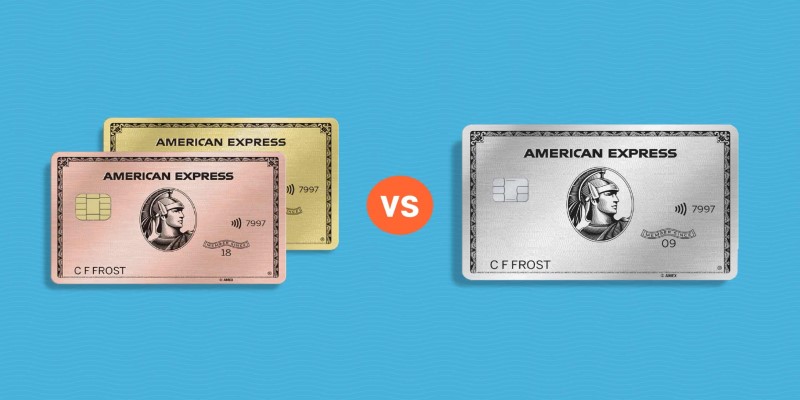How long will that mark remain on your credit report if you've filed for bankruptcy? It can be challenging to choose to declare bankruptcy. Credit scores may take a hit, but the financial difficulties may be resolved.
Bankruptcy information may remain on credit reports for up to 10 years following a Chapter 7 bankruptcy filing and for up to 7 years following a Chapter 13 bankruptcy filing. An individual's credit may continue to suffer from bankruptcy as long as it is reported, even if the immediate impact on scores lessens over time.
Personal bankruptcy can have a long-lasting negative effect on a person's credit. Credit reports may show a Chapter 7 bankruptcy file for ten years, whereas a Chapter 13 bankruptcy petition typically shows up for seven years after the first filing. While it will take time, credit can be rebuilt after bankruptcy.
Improving Your Credit Score?
Learn more about options that can help you improve your credit, no matter where you are in the process. Bankruptcy filings are normally included in the public records area of credit reports. Credit bureaus maintain credit reports current by actively collecting or receiving court public records information.
What Happens to Your Credit Score When You Declare Bankruptcy?

In most cases, bankruptcy will harm a person's credit score. Credit scores are useful since they inform lenders of the possibility that they will be repaid. When a person declares bankruptcy, some debts may be discharged, and others may be repaid under new terms.
Creditors and other organisations may look at bankruptcy filings and credit reports regardless of credit ratings. If you've just filed for bankruptcy, you may need help to get new credit accounts. They may need help renting an apartment, establishing new utility accounts, getting hired, or getting insurance premium discounts due to bankruptcy.
The good news is that bankruptcy has a diminishing effect over time, and credit can be rebuilt even before the bankruptcy is removed from records.
Having a Bankruptcy Removed from Your Credit Report

A bankruptcy would stay on your credit report for ten years unless the information were entered incorrectly. You can request removal from the credit bureau if you believe the item was added in error. If you don't dispute the bankruptcy, it will stay on your credit reports for seven or ten years, depending on the chapter you filed under.
Credit reports will continue to reflect the bankruptcy even after the discharge, at which point you will no longer be legally responsible for the debt. Even though the bankruptcy's status will be corrected, it will remain on credit reports for another seven to ten years after the filing date. Failed payments and closed accounts can still lower credit ratings for as long as they are reported.
Credit Repair After Bankruptcy: A Step-by-Step Guide Even though bankruptcy can have a devastating effect on credit scores, it is possible to start working on credit repair as soon as the bankruptcy's effects begin to fade. Here are some suggestions.
Make Sure You Have A Good Credit Rating By Checking It!
To ensure your credit reports are correct, you should check them frequently. For instance, you should double-check that any discharged debts are listed as discharged rather than current. In the event of discrepancies, lodge grievances with the relevant agencies individually.
You can acquire a free copy of your credit report from each of the three main credit agencies. It's also a good idea to monitor your credit for any changes. Stay calm if your performance does not immediately improve. However, credit scores can rise over time if you are patient and responsible.
You should get a secured credit card.
After your bankruptcy is cleared, you can apply for a secured credit card. People trying to repair their credit might benefit from using a secured credit card like the Capital One Platinum Secured Credit Card.
Obtain a Loan to Improve Your Credit Score A credit-builder loan is another choice. The loan application process involves putting money away into a secure savings account and then making regular payments back to the lender. The credit bureaus often receive updates on your payment history. When you pay off the loan, the lender releases the remaining money.




